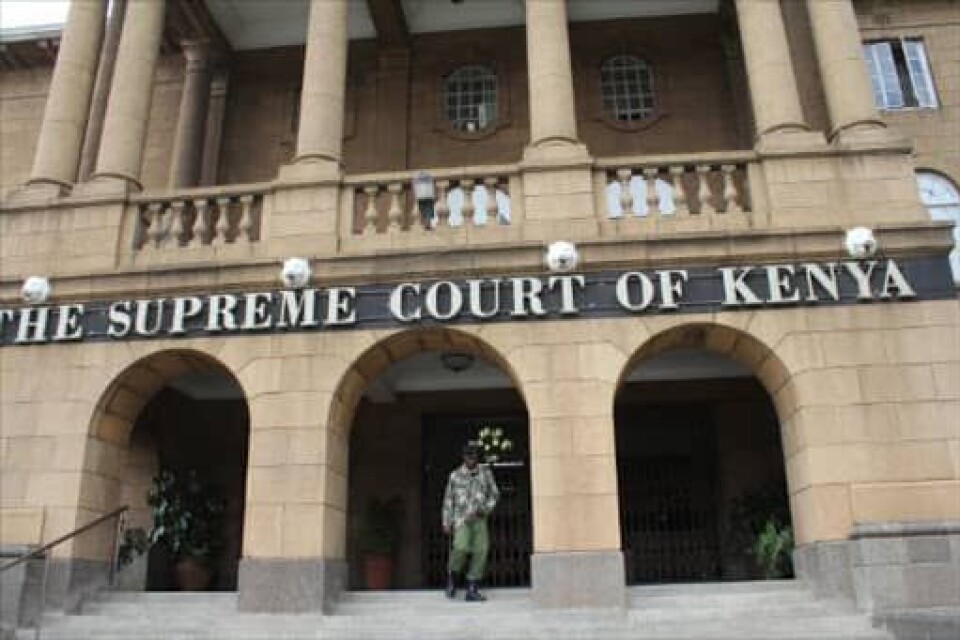Copyright : Re-publication of this article is authorised only in the following circumstances; the writer and Africa Legal are both recognised as the author and the website address www.africa-legal.com and original article link are back linked. Re-publication without both must be preauthorised by contacting editor@africa-legal.com
An Obligation of State

Hundreds of Kenyan families who were unlawfully, “violently and brutally” evicted from their homes in 2013 have finally got justice with the country’s apex court ruling that they are entitled to compensation. Tania Broughton reports.
In an unanimous judgment, five judges of the Supreme Court of Kenya have also cautioned the State that it must take “a more drastic and purposive approach to its mandate and obligations in ensuring that the rights of people of Kenya are not violated, or at the very least, that these rights are not deprived or denied”.
The petitioners before the court were former residents of informal settlements in City Cotton and Upendo City Cotton villages - including about 90 school-going children and many elderly people.
They claimed that they first settled on the property way back in 1968, had constructed semi-permanent homes and had access to services, such as water and electricity, and their children attended nearby public schools.
In 1980, a private entity, the Moi Education Centre, was given title to the land by the government and it constructed a private primary school.
Some residents were “evicted’ and resettled in informal villages elsewhere.
Then in May 2013, the centre, assisted by the police, forcibly removed the remaining residents, burning their homes and belongings.
According to evidence, they were unable to salvage anything. They were given no notice to vacate, nor served with eviction orders and were not provided with alternative land or shelter.
In 2014, the high court ruled that their rights had been violated and ordered that they be compensated.
The State respondents and the Centre were aggrieved and took the matter on appeal. The appellate court, while declaring that the forced eviction was a violation of rights to dignity and security, set aside the order for damages, saying they had not been “proved”
The petitioners then took the matter to the apex court.
In the recent ruling, the five judges said it was an undeniable fact that forced evictions generally constituted a violation of fundamental rights and freedoms and an abuse of inherent human rights and dignity.
“The onus of ensuring these rights and freedoms falls squarely under the ambit of the state.
“The State has to strike a delicate balance between the rights of those most vulnerable and those with economic advantage.”
The judges said: “We are of the firm view that the eviction was violent and did not accord with the expected constitutional obligation of the State to ensure that those in informal settlements are treated with dignity.”
On the issue of damages, they said the appeal court has reasoned that those evicted had not presented sufficient evidence of the losses they incurred in order to make a fair assessment.
“In our considered view, there was. The eviction and demolition of property was unlawful and in a manner which violated human rights.
“It is indeed a sad state of affairs that 10 years into the promulgation of the constitution, the State still seeks to rid itself of its mandate and obligations by hiding behind the perceived inconsistencies sometimes present in the Constitution and abdicating its role in ensuring rights are released.”
They said there should, at the very, least be a “modicum of effort”.
The court ordered the Centre to pay each petitioner 150 000 Kenyan shillings (approx £1000) and the State to pay 100 000 Kenyan shillings (approx £660).
To join Africa Legal's mailing list please click here
